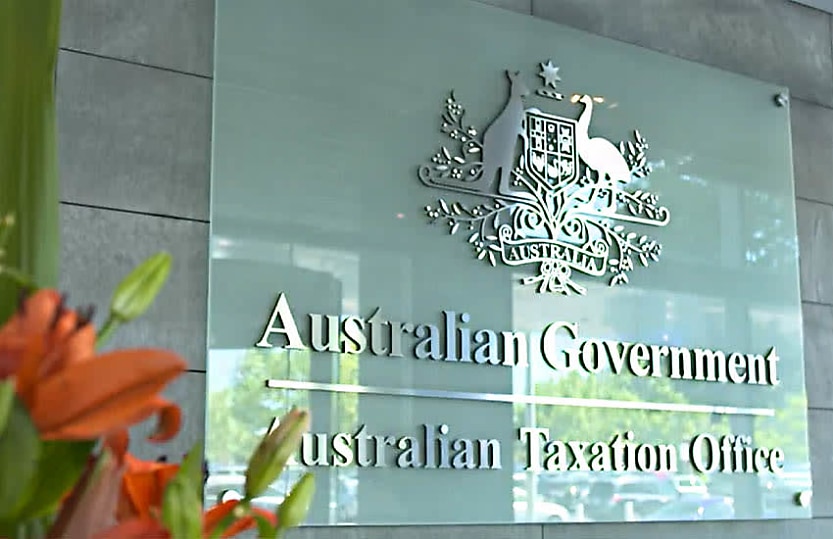ATO should find admin fix to ‘invisible’ debts-on-hold: IGTO

The tax ombudsman urges the office to examine the rules around payment plans where obligations are trivial, old or trigger hardship.
The tax ombudsman is urging the ATO to examine its rules around payment plans to avoid blindsiding taxpayers with debts-on-hold.
The Inspector-General of Taxation and Taxation Ombudsman (IGTO) said it had received complaints from taxpayers about refunds being reduced or wiped out by unknown tax debts.
Ombudsman Karen Payne said in some cases, people said they were unable to pay rent due to a refund shortfall and would be made homeless.
The ATO resumed automatic offsetting of debts-on-hold against credits in June 2022, after pausing the system during COVID-19. But online accounts fail to record these debts, labelled “uneconomic to collect” by the ATO, and so catch taxpayers by surprise.
“You don't know what you don't know,” Ms Payne said. “The complaint is typically, ‘Well, I've got a refund and now I'm learning for the first time – even if I've been told before, it's seemingly for the first time – I also owe the tax office this debt and they're taking my refund to offset my debt.’
“They might be banking or counting on getting that refund and using it for paying for necessities of life and so it's in those circumstances we're getting complaints.”
“There’s also an element of surprise, depending on how old the debt is. Some people might be saying, ‘What is this debt? I don’t remember it, don’t recall the details of it and if it’s more than five or seven years old, then maybe I don’t have any records to challenge it in any case.’ ”
Tax practitioners were recently alerted to these debts after the ATO wrote advising them of which clients had debts-on-hold. Many complained that the amounts were trivial – a few cents, in some cases – often longstanding and would cost more to reconcile than the value of the debt.
The ATO paused that letter campaign in the wake of the backlash and has upgraded its system to display debts incurred since 6 November. It would review its overall approach to debts-on-hold before progressing any further, it said.
Ms Payne said she became aware of the problem after joining the IGTO five years ago and the recent fix failed to make visible debts incurred before 6 November, so the problem remained.
To avoid rewriting the law, she said the ATO should look at the rules around payment plans to find an administrative solution.
“If the debt is in a payment plan, then the ATO does not have to offset but if people don’t know they have a debt they can’t put it in a payment plan,” she said.
“So maybe the way through is to firstly notify people that they've got an on-hold debt and how it's been calculated and when it first arose, so that people can then put it into a payment plan so that if they are expecting a refund and they're banking on the refund, then they don't lose all of it.”
She said an administrative solution that tweaked existing rules around the financial circumstances of the taxpayer or the age and extent of the debt-on-hold would be preferable to a legislative change.
She said her office had yet to formalise a proposal to the ATO but was working through the options.
The current situation requires a taxpayer to make an application for debt relief under a “serious financial hardship” clause but few would find this useful.
“If you're in the middle of that kind of financial distress you're not going to be thinking about making those kinds of applications,” she said.
“It's something that needs to be able to be raised with you. You need to give the power, I think, to the administrator of the system, not rely on the taxpayer to have access to advisers and/or pro bono relief, that they can get the solution that they need in their financial vulnerable hardship circumstances.”
“It wouldn't feel like the cliff that I suspect it feels like.”
The ATO’s 2022–23 annual report valued debts uneconomical to pursue at $1.3 billion, up from $500 million in 2020–21.
About the author

